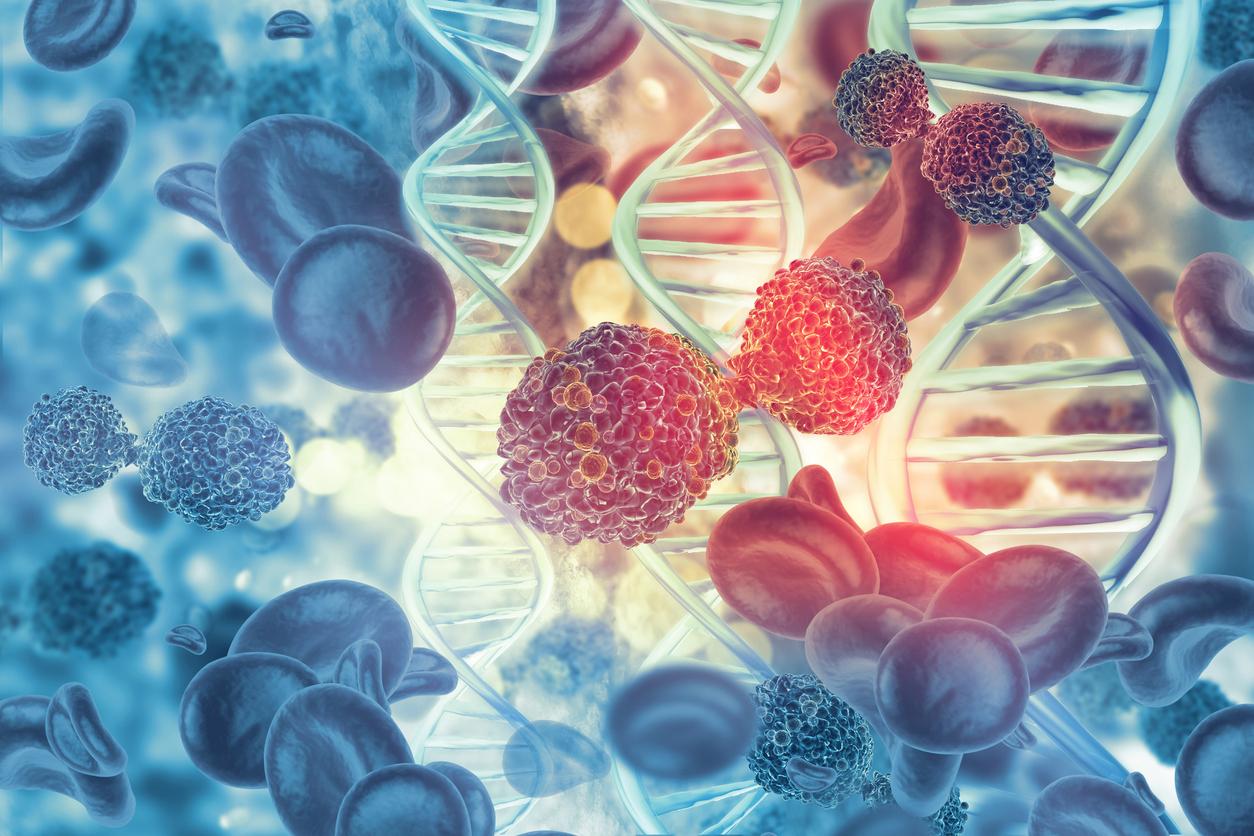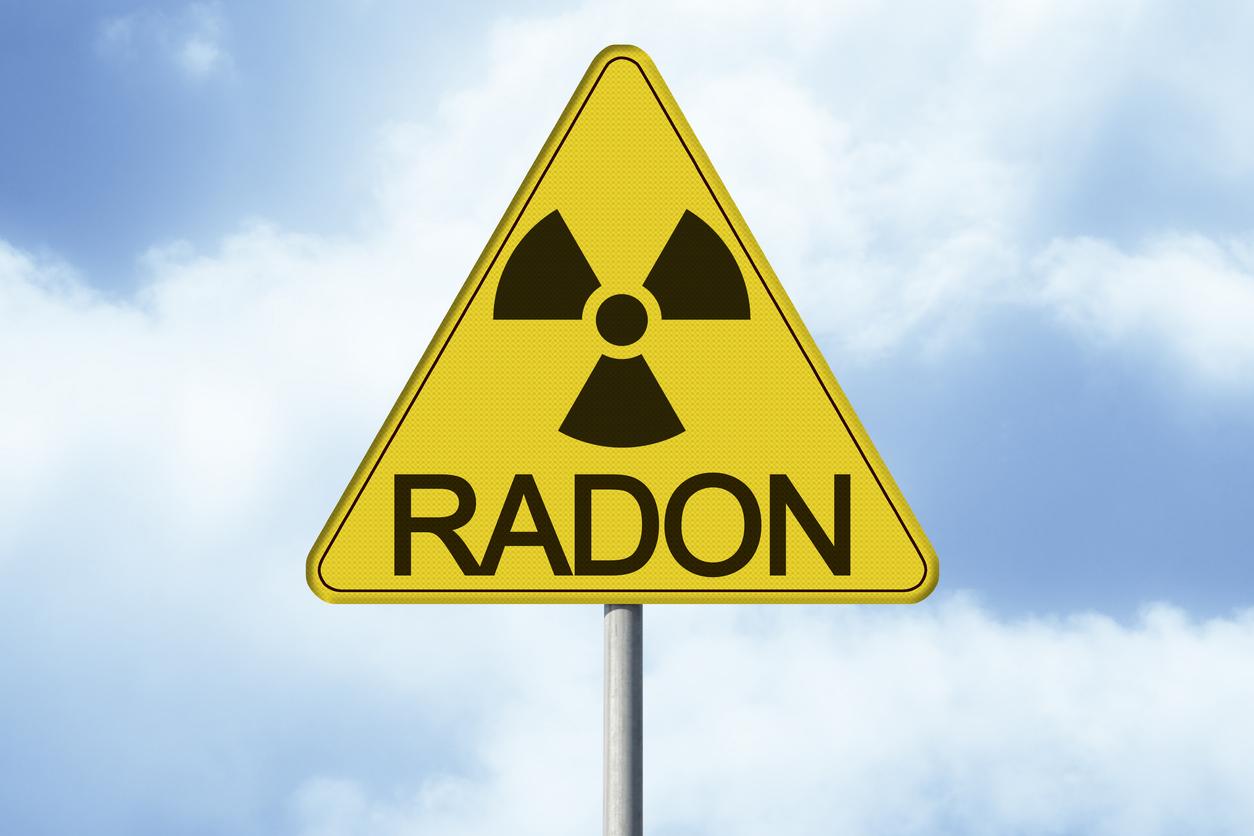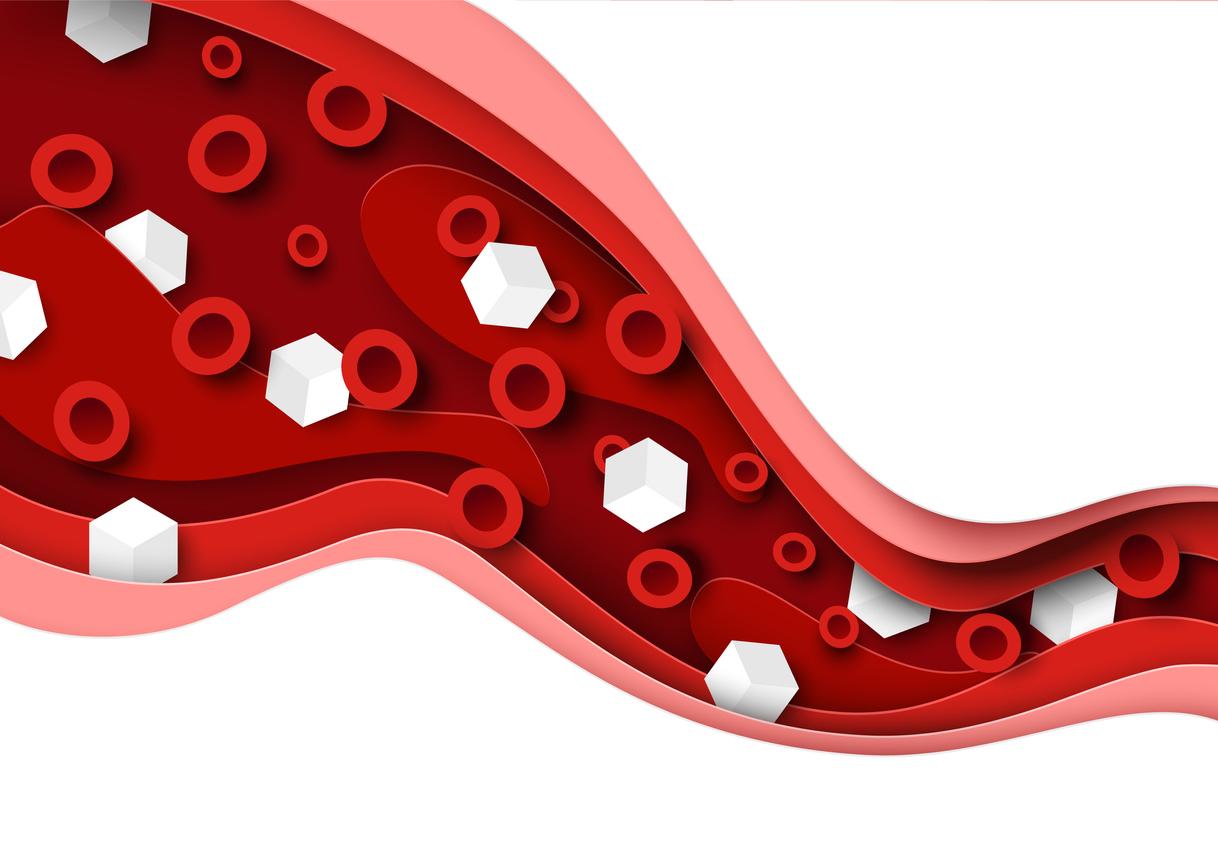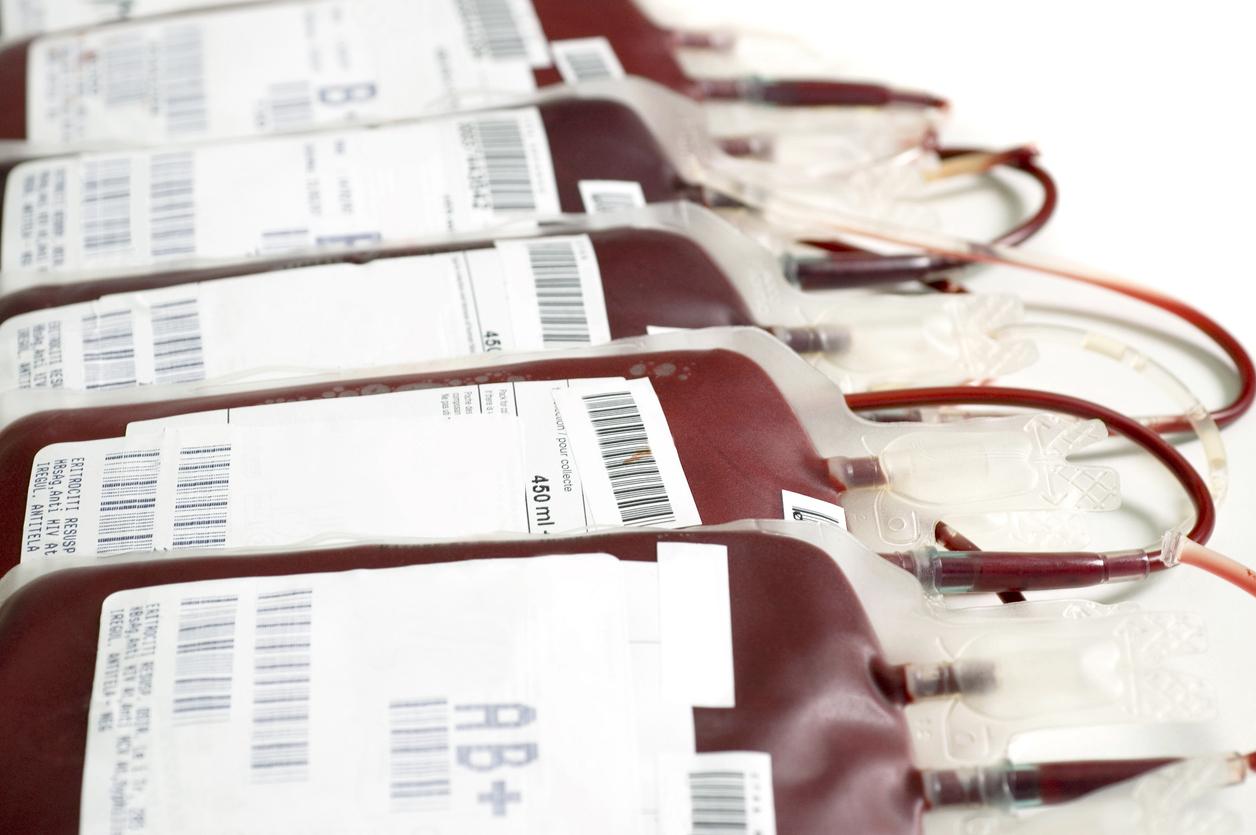Acute lymphoblastic leukemia, one form of the disease, particularly affects children (80% of cases). The prognosis is however good since the cure rate is more than 80%, it is still necessary to diagnose it early enough to be able to take care of it in the most effective way.
In a published study in the newspaper Blood, researchers at the University of Manchester say they have carefully examined the behavior of cancer cells for acute lymphoblastic leukemia in the body. Housed in the bone marrow, these cells produce micro-organic “vesicles”. Until now, scientists thought that these “vesicles” were just worthless organic debris. However, by performing bone marrow biopsies on mice, Dr. Suzanne Johnson, author of the study, discovered that these vesicles have the particular ability to circulate in the blood. According to her, this opens “a world of possibilities to manage the disease and establish a rapid and effective diagnosis”.
Indeed, used as a “marker” of the disease, these vesicles could be the source of an effective blood test to detect the disease. Today, to establish a diagnosis of acute leukemia, a blood test and a myelogram are necessary. And to perform a myelogram (which involves analyzing bone marrow cells to identify cancer cells), a bone marrow puncture, painful (which can cause bruising, bleeding and infections) and invasive is necessary. Hence the interest of a simple blood test, fast, efficient and painless …
An innovative treatment to cure leukemia?
And the possibilities offered by these vesicles do not stop there: they could also help to reduce the biopsies taken regularly during treatment (only a myogram analysis can assess the stage of the disease). Also the researchers hope that their discovery will reduce the frequency of these cumbersome procedures by replacing them with a simple blood test that will measure the level of these vesicle-markers.
Another possibility: to use these vesicles to “carry” and “deliver” a drug directly to the target organs … Suffice to say that the perspectives offered by this discovery are wide.
In France, there is an average of 470 new cases of leukemia in children each year, of which about 90% are acute-type leukemia.
Leukemia is a form of cancer that affects cells in the bone marrow. It results from too much production of abnormal or immature white blood cells, which weakens the entire immune system and causes fever, fatigue, infections, etc. If the causes are still mysterious, many risk factors, mainly genetic, can be at the origin.
“Our new challenge now is to find out whether other cancers have cells capable of producing and releasing this type of structure (in the blood)” concludes Dr. Suzanne Johnson.
Read also :
Blood cancers: they can be diagnosed faster
Acute leukemia: a new drug attacks cancer cells
Leukemia: food diversification increases the risk

















